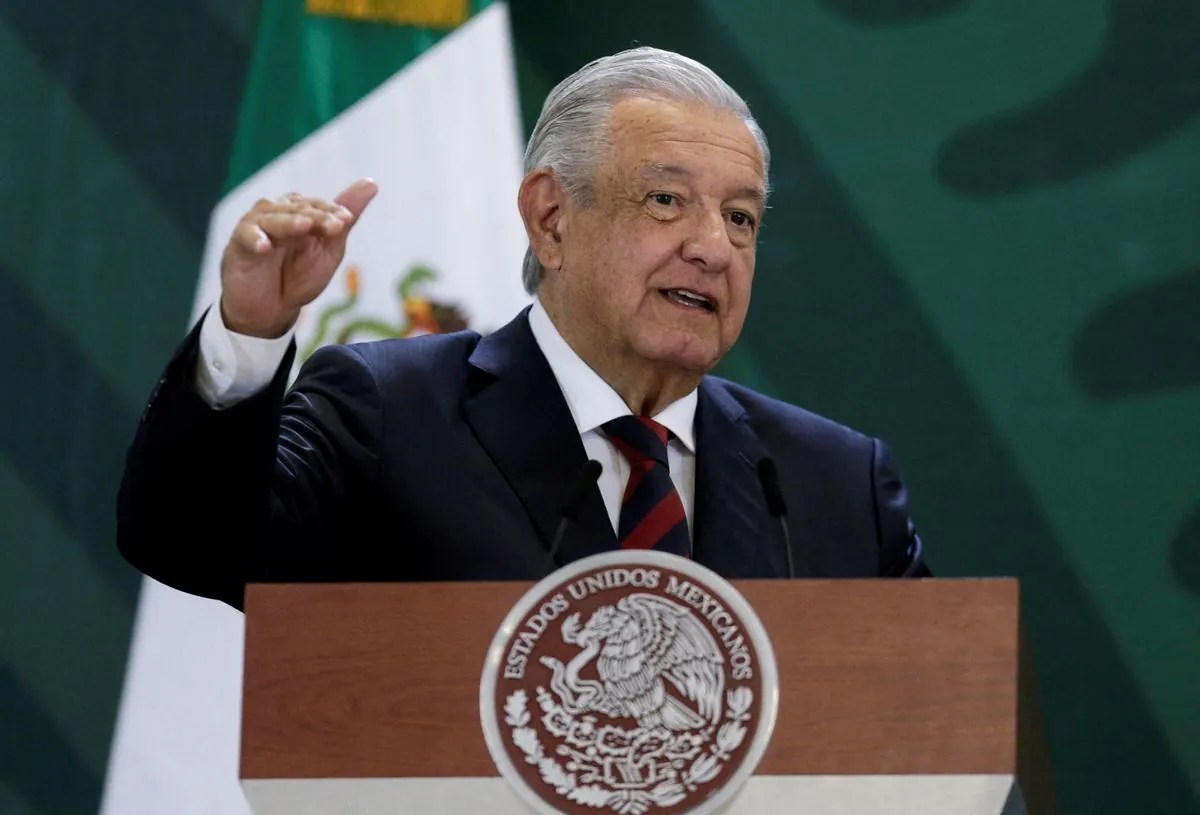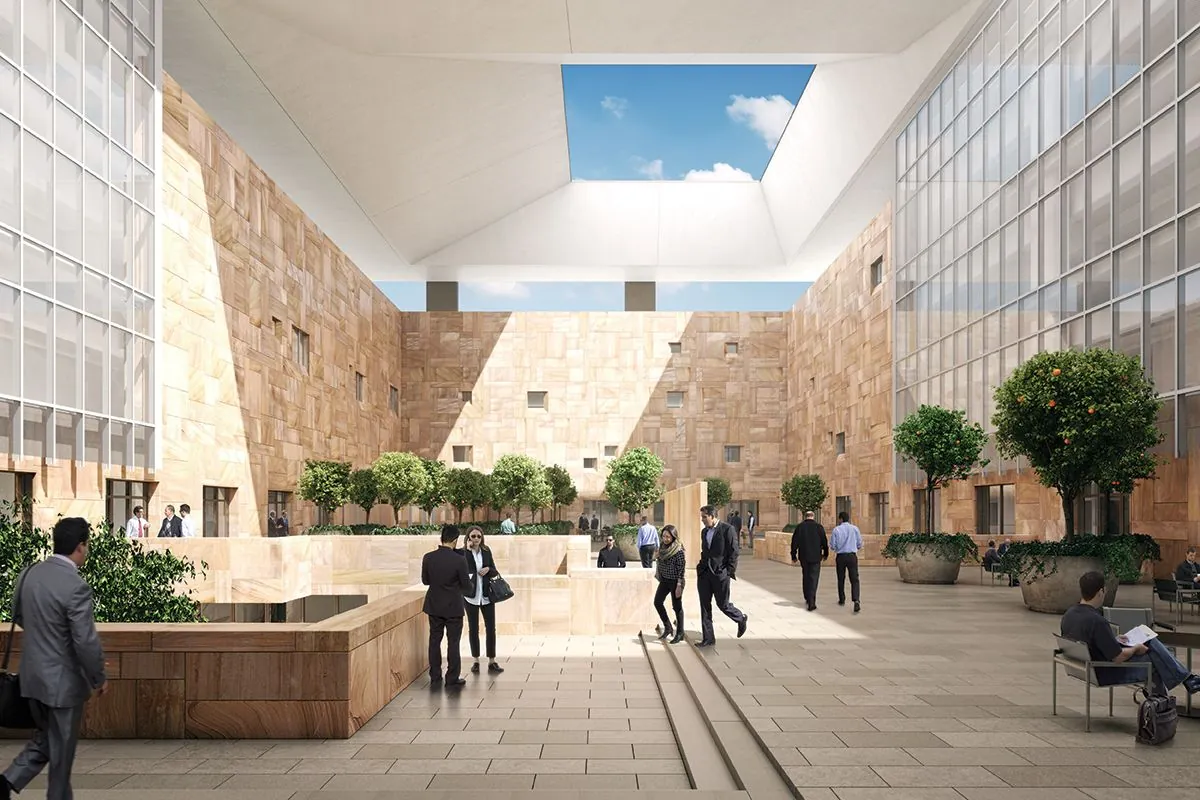Mexican Leader Accuses U.S. of Meddling Amid Judicial Reform Debate
Mexican President Lopez Obrador affirms U.S. interference in domestic affairs following criticism of proposed judicial reform. U.S. Ambassador's comments on judge election spark diplomatic tension.

In a recent press conference, Andres Manuel Lopez Obrador, the President of Mexico, affirmed that the United States is interfering in Mexico's internal matters. This statement comes in response to comments made by U.S. Ambassador Ken Salazar regarding a proposed judicial reform in Mexico.
The reform in question, which would introduce popular elections for judges, has sparked controversy and drawn criticism from various quarters. Ambassador Salazar expressed concerns that this change could potentially expose Mexico's judiciary to the influence of organized crime, a significant issue that has plagued the country for decades.
Mexico's judicial system, based on civil law, differs from the U.S. common law system. Currently, Mexico's Supreme Court consists of 11 justices appointed by the President and confirmed by the Senate. The proposed reform would mark a significant departure from this practice.
Lopez Obrador, who has been serving as Mexico's President since December 1, 2018, previously described Salazar's remarks as "interventionist." The President's stance reflects the complex nature of U.S.-Mexico relations, which have a long history dating back to the establishment of diplomatic ties in 1822.

The diplomatic tension occurs against the backdrop of strong economic ties between the two nations. The United States is Mexico's largest trading partner, with bilateral trade reaching an impressive $661.2 billion in 2021. This relationship is governed by the United States-Mexico-Canada Agreement (USMCA), which replaced NAFTA in 2020.
Ambassador Salazar also suggested that the proposed judicial reform could potentially impact the U.S.-Mexico trade relationship. This statement underscores the interconnected nature of diplomatic and economic relations between the two countries, which share a border spanning approximately 1,954 miles (3,145 km).
The ongoing debate over judicial reform highlights the challenges facing Mexico's legal system, which has struggled with issues of corruption and inefficiency in recent years. As the second-largest economy in Latin America after Brazil, Mexico's governance and judicial integrity have significant regional and international implications.
As this situation unfolds, it's worth noting that the concept of judicial elections is more common in the United States than in Mexico. The differing perspectives on this issue reflect the distinct political and legal traditions of the two nations, despite their close cooperation on various matters including security, trade, and immigration.
"The judicial reform that would see judges elected by popular vote is a threat to Mexican democracy by exposing its judiciary to the influence of organized crime, and it puts the U.S.-Mexico trade relationship at risk."
This diplomatic disagreement serves as a reminder of the delicate balance required in international relations, especially between neighboring countries with deep economic ties and shared challenges. As Mexico continues to grapple with issues of judicial reform and organized crime, the international community, particularly the United States, watches with keen interest.


































